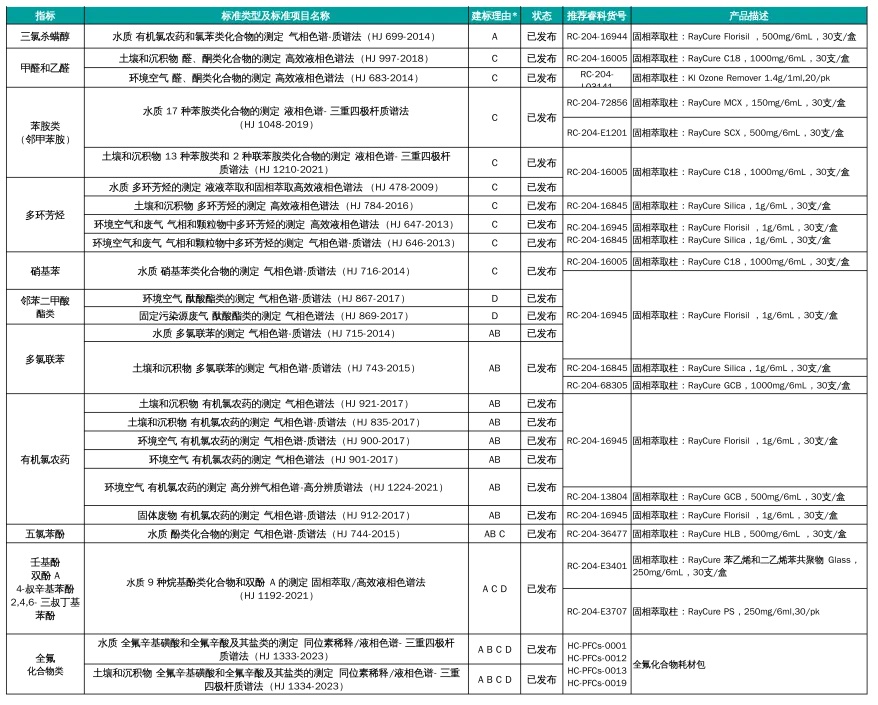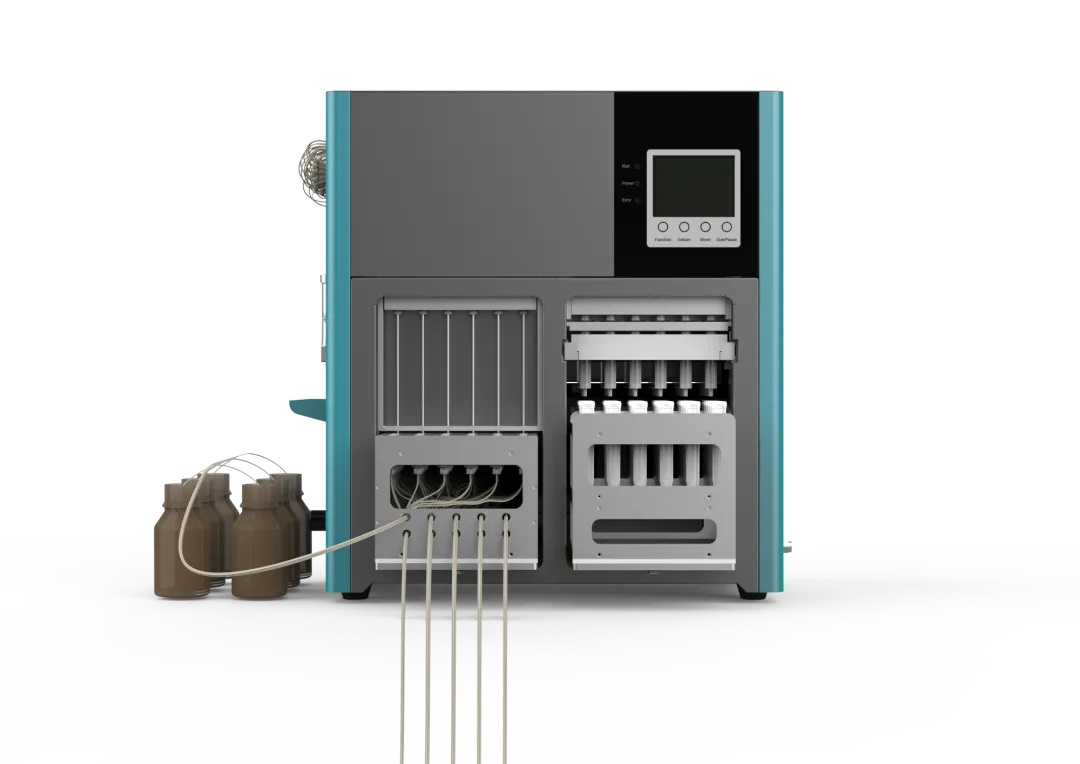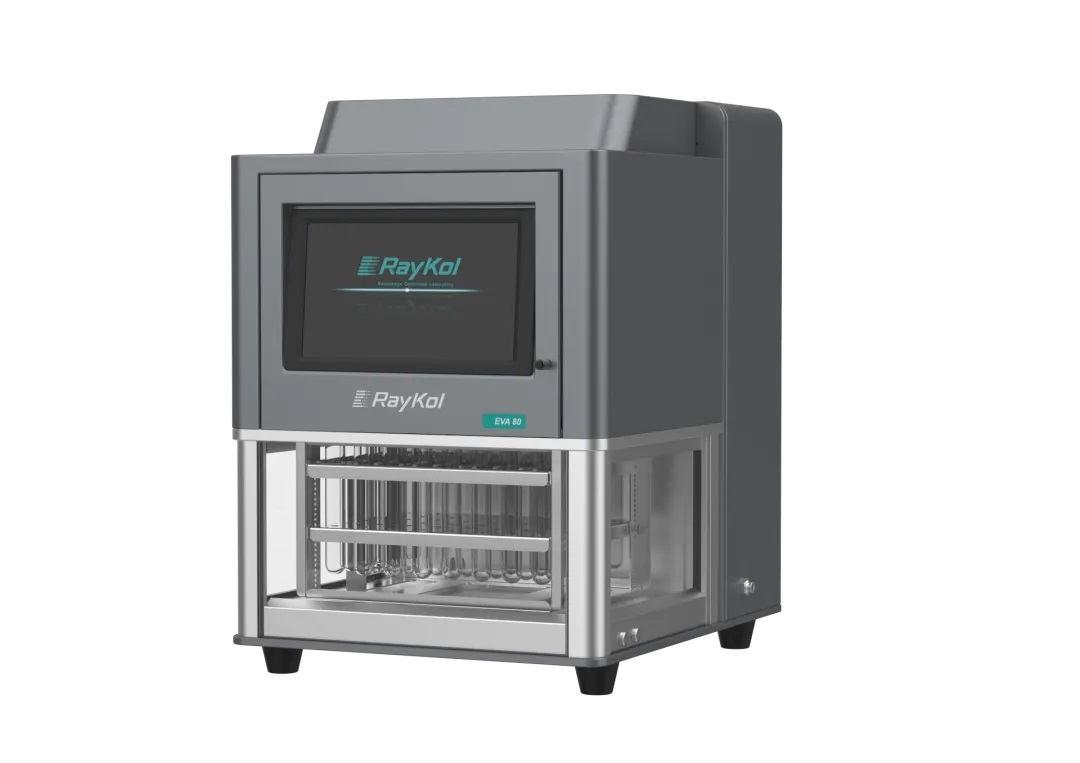The "Action Plan for the Management of New Pollutants" clarifies that new pollutants mainly include persistent organic pollutants, endocrine disruptors, and antibiotics, which are controlled by international conventions. New pollutants are characterized by a wide range of sources, complexity in management, concealment, and persistence, and their accumulation in the environment and organisms might pose unknown health risks.
The report of the 20th National Congress of the Communist Party of China explicitly proposed the important task of "carrying out the management of new pollutants". Academician Jiang Guibin of the Chinese Academy of Sciences said in an interview with the Science and Technology Daily, "Although new pollutants sound like a general new term, this 'new' is not the new in the sense of new versus old. It is translated as 'emerging' in English, meaning that this kind of pollutant is currently appearing and dynamically changing."
In March 2024, the Ministry of Ecology and Environment released the draft for soliciting opinions on the ecological environment monitoring standard system for new pollutants, which includes a total of 219 items of new pollutant ecological environment monitoring standard projects, covering ecological environment monitoring technical specifications (hereinafter referred to as technical specifications), ecological environment monitoring analysis method standards (hereinafter referred to as analysis method standards), and ecological environment standard samples (hereinafter referred to as standard samples).
The compilation status of ecological environment monitoring standards in the "System Table" is divided into three categories: published, under research, and planned to be formulated. Where published indicates that the standards have been issued and are currently effective, under research indicates that the standards are currently being revised, and planned to be formulated indicates the next steps planned for revision. RayKol as one of the professional lab consumables suppliers, has summarized the related supporting consumables for the published standards for teachers' reference.
New Pollutant Ecological Environment Monitoring Standard System Project Table

Water Sample Treatment
500mL water sample, add 0.2μg/mL of extraction internal standard 50μL, mix well
Add acetic acid or ammonia water to adjust the pH to 6-8
Activation
Activate WAX small column with 6mL 2% aqueous ammonia-methanol solution, 6mL methanol, and 6mL ultrapure water
Loading
Load water sample at a flow rate of 3mL/min
Wash
Wash with 6mL ultrapure water and 8mL ammonium acetate solution (pH 4.0)
Dry
Dry the column for 10 minutes
Elution
Elute with 8mL methanol, discard the eluate, then elute and collect with 6mL 2% aqueous ammonia-methanol solution
Concentration
Nitrogen blow down to near dryness (water bath temperature ≤40℃)
Final Volume Adjustment Before Analysis
Add 0.2μg/mL of sample internal standard 50μL, make up to 1mL with methanol solution, vortex mix, then filter through a membrane before analysis

Fotector Series (PFC) High Throughput automated solid phase extraction system
Material Selection Targeted
Designed for water PFC projects, all contact materials are made of PEEK material, effective background control
Simultaneous Processing of Multiple Samples
Automatically completes the entire process of solid-phase extraction: column activation, loading, washing, drying, elution, and stepwise collection for six channels
Continuous Purification of Large Batch Samples
Enrich and purify at least 60 samples consecutively
Broad Compatibility
Compatible with solid-phase extraction columns of 1mL, 3mL, 6mL, etc., applicable to different water quality sample pretreatments, and also applicable to other environmental samples

Auto EVA Series Fully Automatic Parallel Concentrator
High-efficiency sample concentration
Nitrogen blow needles follow the liquid surface and automatically descend, always at the optimal concentration distance
Uses a water bath for uniform heating, with a chase mechanism, resistance to mechanism interference, electronic flow control, stable pressure, high reproducibility
One-button pause, nitrogen blow needles rise and automatically remember the operating position
Real-time online monitoring via mobile phone or PAD, methods can be called up with one button
The automated evaporation system has flexible nitrogen blow volume, easily replaceable sample rack, compatible with Fotector series high throughput automated solid-phase extraction systems for concentrator cups, for combined use
The instrument has a built-in exhaust fan, which has an active exhaust pipeline to minimize reagent exposure risks
Automatically detects gas source pressure, auto stops on low pressure, auto alerts for insufficient water bath, and dry burn